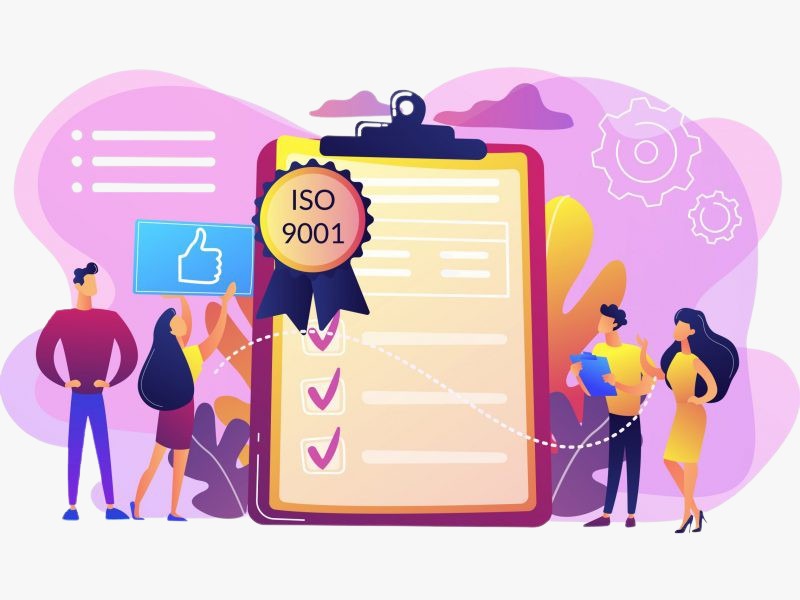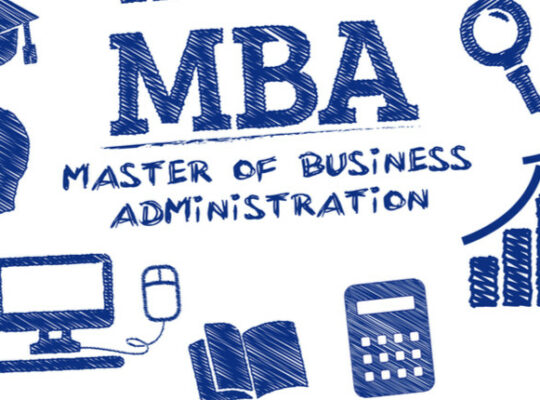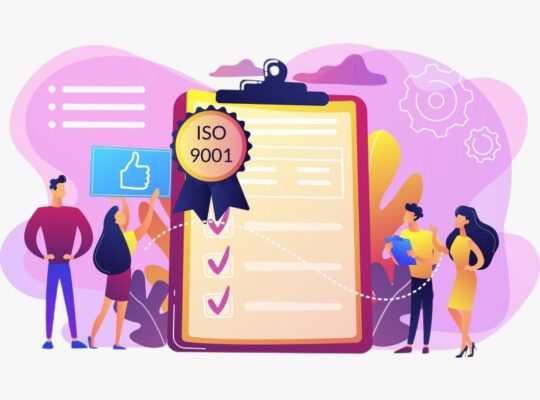In India, the educational sector is the largest and fastest-growing. The battle for the top educational institution is fierce. But,
- Are these educational institutes providing decent quality education?
- Are they employing teachers and professors who are well-versed in traditional teaching methods?
- Are their curriculum up to par with industry standards.
This is something to be concerned about and it is important that parents and students are made familiar with standardization for organizations and the educational sector that help them choose the right school/ college for their wards.
Understanding what ISO:9001 is:
ISO refers to “International Organization for Standardization,” and it certifies firms in any field or sector that fulfill quality standards for their products or services and provide satisfactory customer service. It has a systematic procedural format for quality management systems. This globally recognized certifying agency has issued millions of ISO:9001 certificates to various organizations in over 180 countries worldwide.
ISO has created a standardized quality management system that may be used by any company in any country. This approach aids organizations or businesses in increasing the visibility of their products or services in their respective competitive markets. Products or services with ISO certification are always preferred over noncertified products because they ultimately have good quality.
The International Organization for Standardization (ISO) offers a structure for certifying organizations.
They use a structured and process-oriented system for
- Documenting
- reviewing
- Assigning
- Maintaining
duties in order to achieve and maintain an organization’s standard quality management.
How does ISO:9001 come into play for educational institutions?
With the increase in educational institutes in the country, the quality of education provided is seriously been neglected and the only focus is on the competitive market. ISO certification will ensure high-quality education and will set a benchmark for educational quality. It will not only assist colleges in establishing and maintaining a consistent protocol for teaching and management, but it will also provide students with new possibilities for learning. ISO:9001 does not simply award certifications to corporations; there is a lengthy and well-defined process for obtaining certification.
Essentially, the institutes’ services should be adequately documented. Schools and institutes should be required to present proper documentation in the form of a quality manual that includes goals and strategies for students and staff, job and duty descriptions, and assignments. The manual should also include information about the school, its establishment, success, student performance and records, teaching staff qualifications, student pass percentage, safety and security within the organization, and so on. This will now assist the organization in developing a structure that will help them improve their organization and, in turn, assist the students in receiving the high-quality education required to reach the ISO standard.
Before granting certification, ISO performs frequent audits. It also provides employee and instructional staff with training opportunities. Schools and colleges conduct audits on a regular basis to keep track of new teaching strategies that are being introduced to the teaching department in order to ensure that they reach the classroom and benefit students.
There are a number of ISO:9001-certified training and coaching centers.
Because the ISO:9001 license must be renewed every three years. Through improved teaching, learning, and research approaches, institutes must demonstrate their ability to foster and maintain development competency inside their organizations. It is a fantastic technique to keep and maintain educational quality standards. The certification is canceled if the standards are not reached, and the institutes must reapply.
It also selects the top institutes from a competitive industry, creating demand and brand identity for the school/college in that region or state.
How is ISO beneficial for students?
Student feedback is frequently used to modify the learning experience and the content offered to students. Students’ awareness may now take them a long way; audits normally begin with students providing feedback on how well the faculty is teaching them or how much knowledge they are getting from the subject. This procedure will assist the teaching department in determining the degree of the problem and identifying and correcting any shortcomings. Typically, ISO accredited institutes organize a training program for teachers and professors.
Students are also provided with several opportunities, such as co-curricular activities, workshops, and research and development programs. New teaching and learning methods implemented to satisfy ISO criteria can significantly improve educational quality, and students can benefit the most.
What’s the drawback here?
The ISO:9001 standard is designed to ensure that customers are satisfied with high-quality products and services. The only disadvantage is that it can be difficult for institutes to manage their pupils, who are referred to as clients here. This may cause the focus to move away from educational standards toward commercial attractiveness.
What actually happens is that students are forced to get grades and follow the curriculum, which includes a standard pattern of writing tests and assignments, earning a degree, and meeting certain criteria for passing and securing grades, all while neglecting their interpersonal skill development, which is very much essential nowadays
So, to address this issue, ISO developed an IWA (internal workshop agreement) for quality management systems, which lays out the detailed guidelines that educational institutions must adhere to in order to obtain ISO:9001 certification.
To summarize, ISO:9001 for educational institutes is unquestionably a significant plus because it stresses the whole performance of the institution, ensuring that students receive an exceptional and quality education while also benefiting the institutions in the long run. When seeking a decent higher education institute, students and parents may also look for one with ISO:9001 certification.


About the Author: Samiah Fareed
Samiah has a bachelor’s degree in engineering and is currently pursuing MBA. She enjoys writing and creating content for digital platforms in her spare time. She is a determined and ambitious person who wants to follow her passion for writing.
This article has been re-published on Medium





